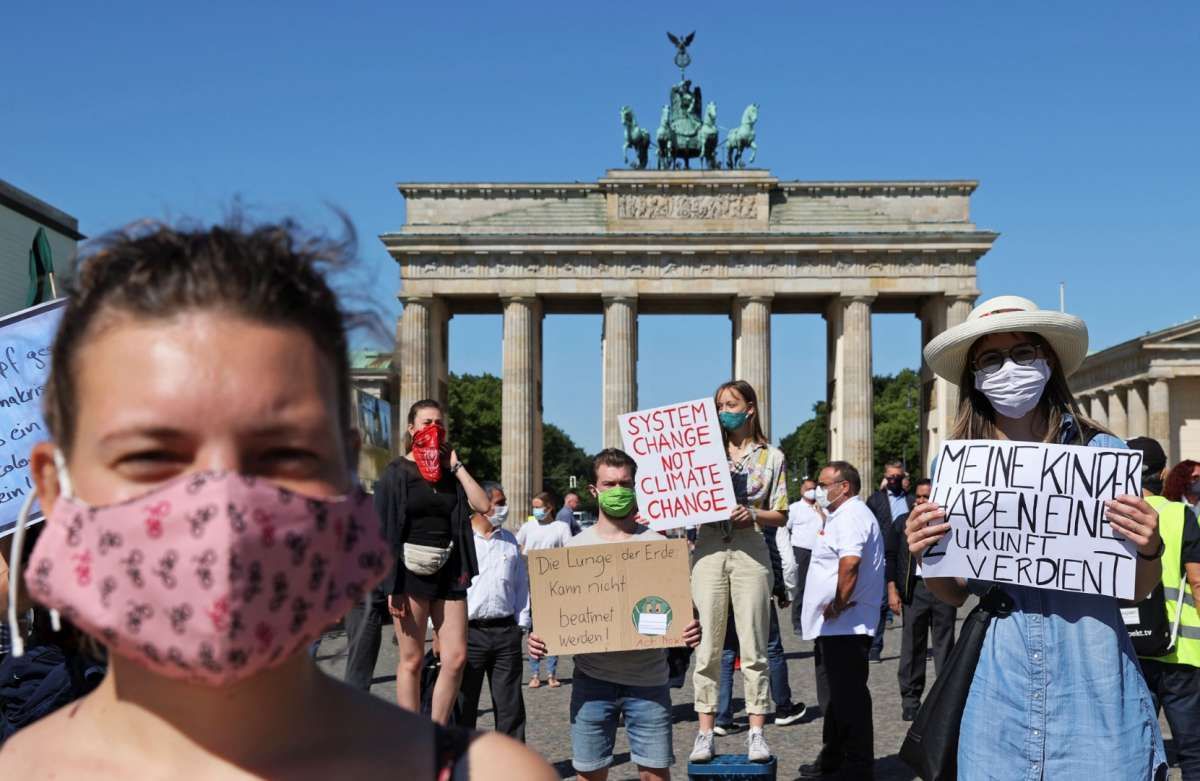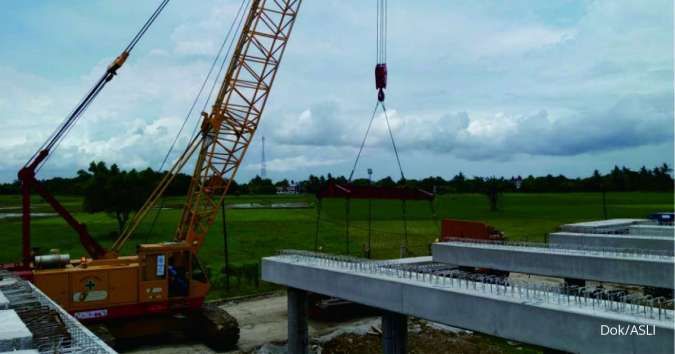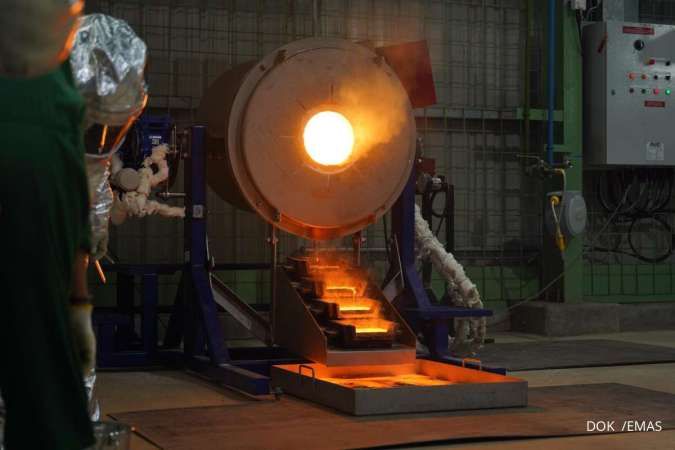Germany's coronavirus reproduction rate jumps to 1.79 - RKI

KONTAN.CO.ID - BERLIN, June 20 (Reuters) - The reproduction rate of the novel coronavirus in Germany has jumped to 1.79 after a raft of localised outbreaks, the Robert Koch Institute (RKI) for public health said on Saturday, far above the level needed to contain it over the longer term.
The number, a sharp increase from 1.06 on Friday, is a setback for the European Union's most populous country, which has fared better in the pandemic than many European peers due mainly to early testing and social distancing measures.
The institute attributed the rise to a number of local outbreaks, which have been seen in locations such as meatpacking plants, logistics centres, and shelters for refugees. Outbreaks have also been linked to church services and family parties.
The premier of the western North Rhine-Westphalia region warned on Friday it faces the threat of a renewed lockdown amid a spiralling outbreak at a major slaughterhouse.
"Since case numbers in Germany are generally low, these outbreaks have a relatively strong influence on the value of the reproduction number," RKI said. "A nationwide increase in case numbers is not anticipated."
When smoothed for short-term effects, the government-affiliated institute estimated the country's reproduction rate at 1.55, up from 1.17 on Friday.
A reproduction rate, or 'R', of 1.79 means that 100 people who contracted the virus infect, on average, 179 other people. A rate of less than 1 is needed to gradually contain the disease.
Even though its management of the coronavirus crisis has been among the most successful in Europe, Germany has seen repeated outbreaks in slaughterhouses, whose employees are often migrants living in crowded company-provided accommodation.
Chancellor Angela Merkel had favoured maintaining lockdown discipline for longer, but Germany eventually eased restrictions following pressure from regional premiers.
(Reporting by Thomas Seythal; Editing by Giles Elgood and Jan Harvey)











